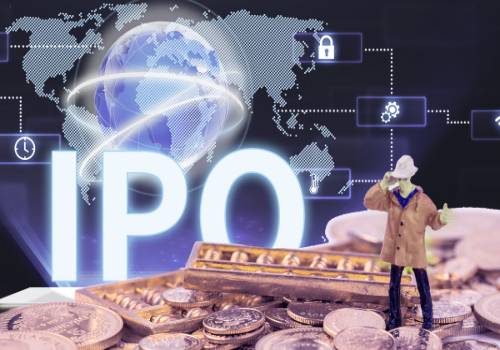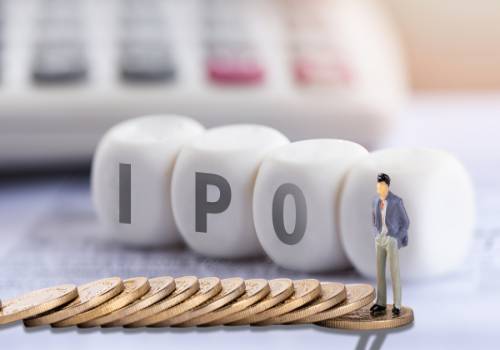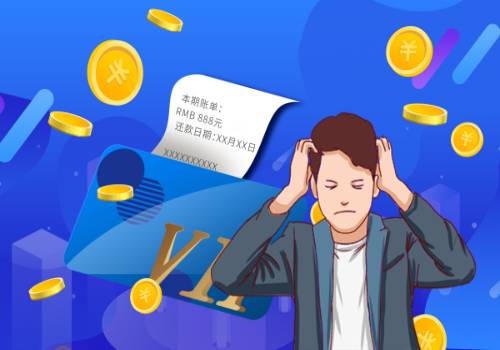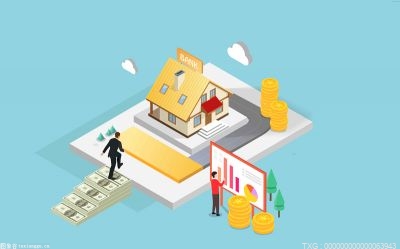China Extends NEV Purchase Tax Waive or Cut Through 2027, With Restrictions on Luxury Cars-看点
Source: Visual China
BEIJING, June 21 (TiPost) – The existing new energy vehicle (NEV) purchase tax exemption or reduction policy will be extended for additional four years, announced the Ministry of Finance, the State Taxation Administration and the Ministry of Industry and Information Technology (MIIT) of China on Wednesday.
New energy passenger vehicles will continue to enjoy exemption from purchase tax from 2024 through the end of 2025. From 2026 until the end of 2027, these vehicles will be subject to a 50% reduction in purchase tax, with a tax rate of 5%.
 (资料图)
(资料图)
The new energy vehicle purchase tax exemption policy was initially introduced in 2014 and has been extended three times since then. Its primary objectives are to maintain stable market expectations, enhance the consumption environment, and further boost the adoption rate of new energy vehicles.
Xu Hongcai, a deputy finance minister, revealed that by the end of 2022, the cumulative value of purchase tax exemptions had surpassed 200 billion yuan. It is anticipated that the tax exemption amount will exceed 115 billion yuan by the end of 2023.
The extension of this policy for four years will help stabilize both enterprise and market expectations and provide continued support for the new energy vehicle industry while solidifying and expanding the advantages of such vehicles. Xu revealed that the total purchase tax exemption for new energy vehicles is projected to reach 520 billion yuan during the period from 2024 to 2027.
According to the China Automotive Strategy and Policy Research Center (CASPRC), the policy extension will enable car companies to accurately assess and adjust their strategic layout and product planning. This is particularly crucial considering the typical research and development cycle of new energy vehicles, which usually spans no less than two years.
The new energy vehicle purchase tax exemption policy also specifies a transition period that shifts from full exemption to a reduced levy, eventually returning to the normal tax rate. This approach aims to prevent sudden policy exit, which could otherwise result in significant market fluctuations.
In the past, the purchase tax exemption for new energy vehicles was a policy for nearly all NEV vehicles. However, the new policy has introduced adjustments to the tax exemption limit, setting different criteria based on the purchase date for new energy passenger cars.
Xu clarified that vehicles with a tax-excluded price of 300,000 yuan or below remain unaffected by the restriction on luxury cars and can continue to enjoy the tax exemption. However, vehicles with a tax-excluded price exceeding 300,000 yuan will only qualify for the tax exemption for the portion of up to 300,000 yuan. Any amount exceeding that 300,000 yuan ceiling will be subject to the tax rate for vehicle purchases.
The purpose for setting this limit is to ensure the fairness of the policy and prevent high-end luxury vehicles from taking advantage of the perferential tax treatment. The government aims to use its resources to promote mass consumption.
According to the estimation of the Ministry of Finance, new energy passenger vehicles priced at 300,000 yuan or less (excluding tax) made up approximately 87 percent of the total production in 2022. Xu stated that the introduction of the purchase tax exemption upper limit will not have a substantial impact on most consumers and the market.
The policy does not totally disqualify premium luxury vehicles in the new energy segment from tax breaks, acknowledging that they often take the lead in technological sophistication. By maintaining the tax break, the aim is to promote and incentivize continued technological innovation.
In addition, battery-exchange passenger car models enjoy additional benefits, and the tax price is based on the sale price excluding the battery part. It’s also important to note that the tax deduction ceiling solely applies to passenger cars, and commercial vehicles face no such restrictions.
According to Xu, the tax policy is designed to promote not just quantitative expansion but also qualitative improvement. The MIIT will optimize the tax exemption requirements in alignment with technological progress and model development. This approach aims to encourage enterprises to accelerate research and development efforts and pursue upgrades in their respective fields.
关键词:
您可能也感兴趣:
为您推荐
“村超”“村BA”无缝衔接!这个夏天,最火的地方在“村”里
啥?在酒泉卫星发射中心种热带水果?
灵康药业:公司经营正常。公司大股东如有减持,将会严格按照法律法规的要求进行披露
排行
- 灵康药业:公司经营正常。公司大股东如有减持,将会严格按照...
- 手机如何控制电脑?手机怎么远程控制电脑?
- mate50rs保时捷怎么设置快速通话?mate50rs保时捷怎么关闭运营商显示?
- 双11点淘钻石怎么换福利?2022双十一淘宝组队怎么退出?
- 苹果id注册步骤是什么?苹果id怎么注册?
- 咸鱼之王金币怎么获取?咸鱼之王金豆兑换什么比较好?
- 电脑开机黑屏怎么办?为什么电脑开机了黑屏不显示任何东西?
- QQ飞车手游数码宝贝联动套装怎么获取?QQ飞车手游奇趣喵星怎...
- iqooneo7怎么开微信分身?iqooneo7怎么取消返回键震动?
- CPU温度过高是什么原因?有什么查看CPU温度方法及cpu降温技巧吗?
最近更新
- 灵康药业:公司经营正常。公司大股东如有减持,将会严格按照...
- 手机如何控制电脑?手机怎么远程控制电脑?
- mate50rs保时捷怎么设置快速通话?mate50rs保时捷怎么关闭运营商显示?
- 双11点淘钻石怎么换福利?2022双十一淘宝组队怎么退出?
- 苹果id注册步骤是什么?苹果id怎么注册?
- 咸鱼之王金币怎么获取?咸鱼之王金豆兑换什么比较好?
- 电脑开机黑屏怎么办?为什么电脑开机了黑屏不显示任何东西?
- QQ飞车手游数码宝贝联动套装怎么获取?QQ飞车手游奇趣喵星怎...
- iqooneo7怎么开微信分身?iqooneo7怎么取消返回键震动?
- CPU温度过高是什么原因?有什么查看CPU温度方法及cpu降温技巧吗?
今日要闻
- China Extends NEV Purchase Tax Waive or Cut Through 2027, With Restrictions on Luxury Cars-看点
- “村超”“村BA”无缝衔接!这个夏天,最火的地方在“村”里
- 啥?在酒泉卫星发射中心种热带水果?
- 灵康药业:公司经营正常。公司大股东如有减持,将会严格按照法律法规的要求进行披露
- 世界新消息丨鲜人参煲老鸽_关于鲜人参煲老鸽简述
- 每日热闻!康斯特:第二、三大股东拟合计减持不超3.8%公司股份
- 5月深圳新发放普惠小微贷款加权平均利率同比下降0.93个百分点-世界观点
- 报告:北上深广为中国房地产开发投资吸引力四强城市_天天新视野
- 2023中国马术协会赛事高级研修班在广州从化举行 天天新动态
- pmc是什么职位有什么要求(pmc是什么职位)|当前视讯






